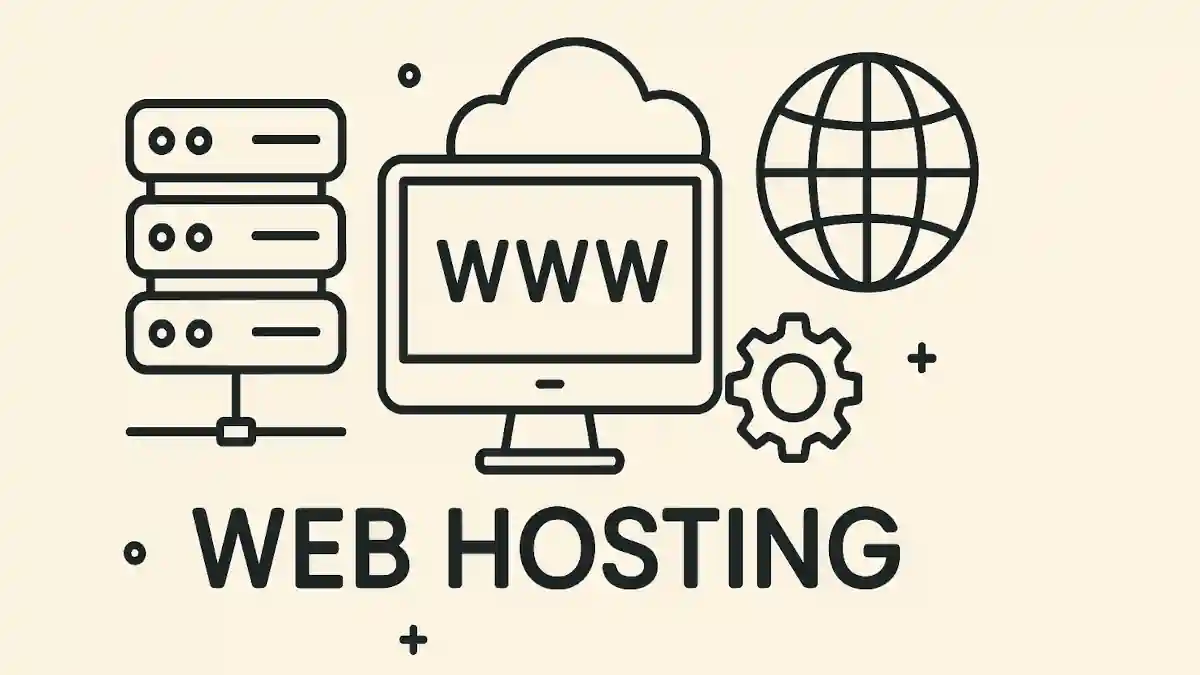When it comes to building a website, security should be your first priority. A single breach can cost you valuable data, customers, and even your reputation. That’s why choosing a hosting provider with strong security features is non-negotiable.

Hosting providers that prioritize these features reduce risks of data breaches, downtime, and reputational damage:
SSL Certificates (HTTPS)
- Encrypts data transferred between the server and users.
- Protects sensitive information like login credentials, payment details, and personal data.
- Essential for SEO and user trust.
Firewalls (WAF + Network Firewalls)
- Web Application Firewalls (WAF) defend against SQL injection, XSS, and other web-based attacks.
- Network firewalls filter malicious traffic before it reaches the server.
DDoS Protection
- Mitigates Distributed Denial of Service attacks that can overwhelm servers.
- Uses traffic filtering, rate limiting, and scrubbing to keep websites online.
Malware Scanning & Removal
- Automatic detection of malicious files, code injections, and suspicious activities.
- Quick removal tools to prevent spreading and blacklisting.
Data Backups & Disaster Recovery
- Regular, automated backups (daily or hourly).
- Easy one-click restoration.
- Off-site storage to protect against server failure or ransomware.
Intrusion Detection & Prevention Systems (IDS/IPS)
- Monitors server activity for unusual behavior.
- Blocks unauthorized access attempts in real time.
Secure Authentication & Access Control
- Multi-Factor Authentication (MFA) for admin panels and hosting dashboards.
- Role-based access to limit exposure.
- SSH/SFTP instead of insecure FTP.
Regular Software & OS Updates
- Hosting providers must apply security patches promptly.
- Outdated software is one of the biggest attack vectors.
Spam & Email Security
- Advanced spam filters to protect inboxes.
- Outbound spam monitoring to prevent blacklisting of IP addresses.
24/7 Security Monitoring & Support
- Real-time monitoring of servers and websites.
- Dedicated security response team to handle threats quickly.